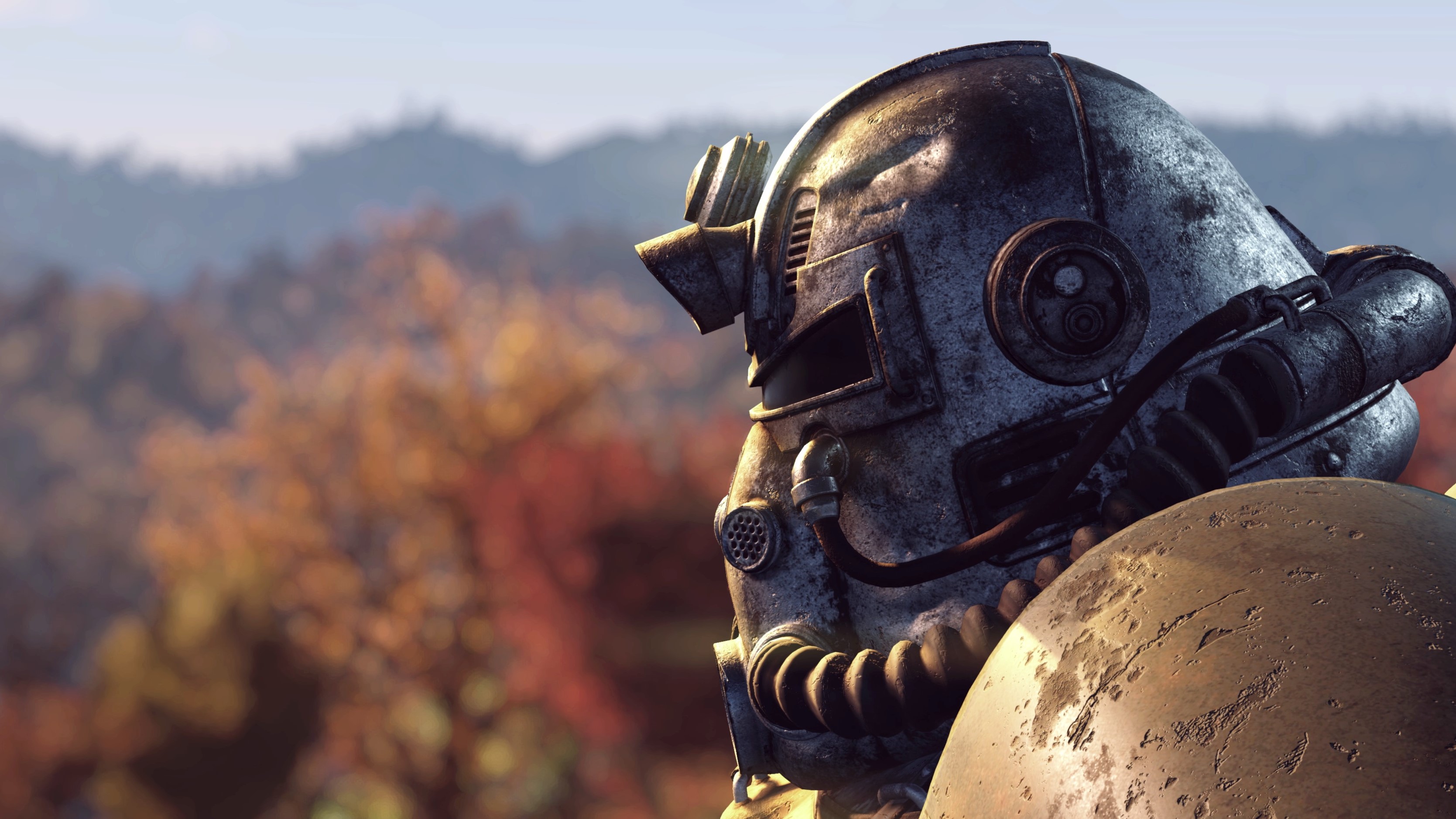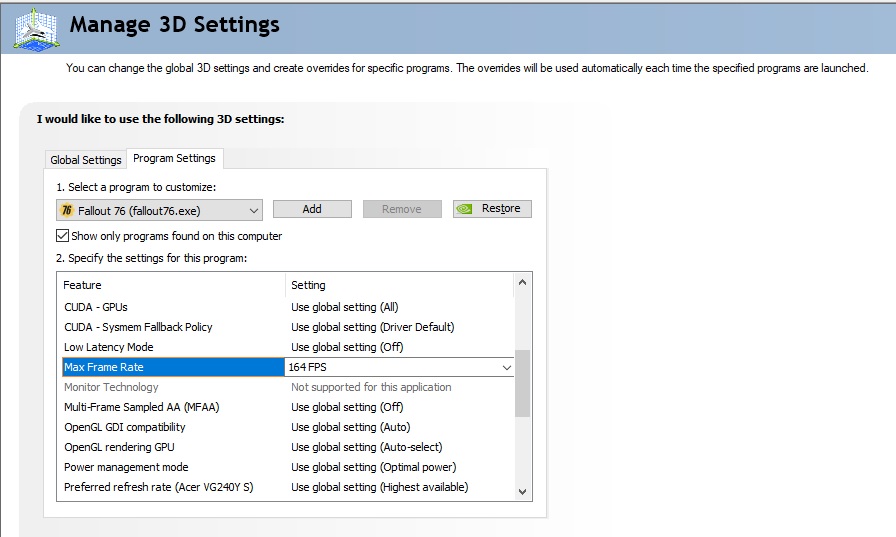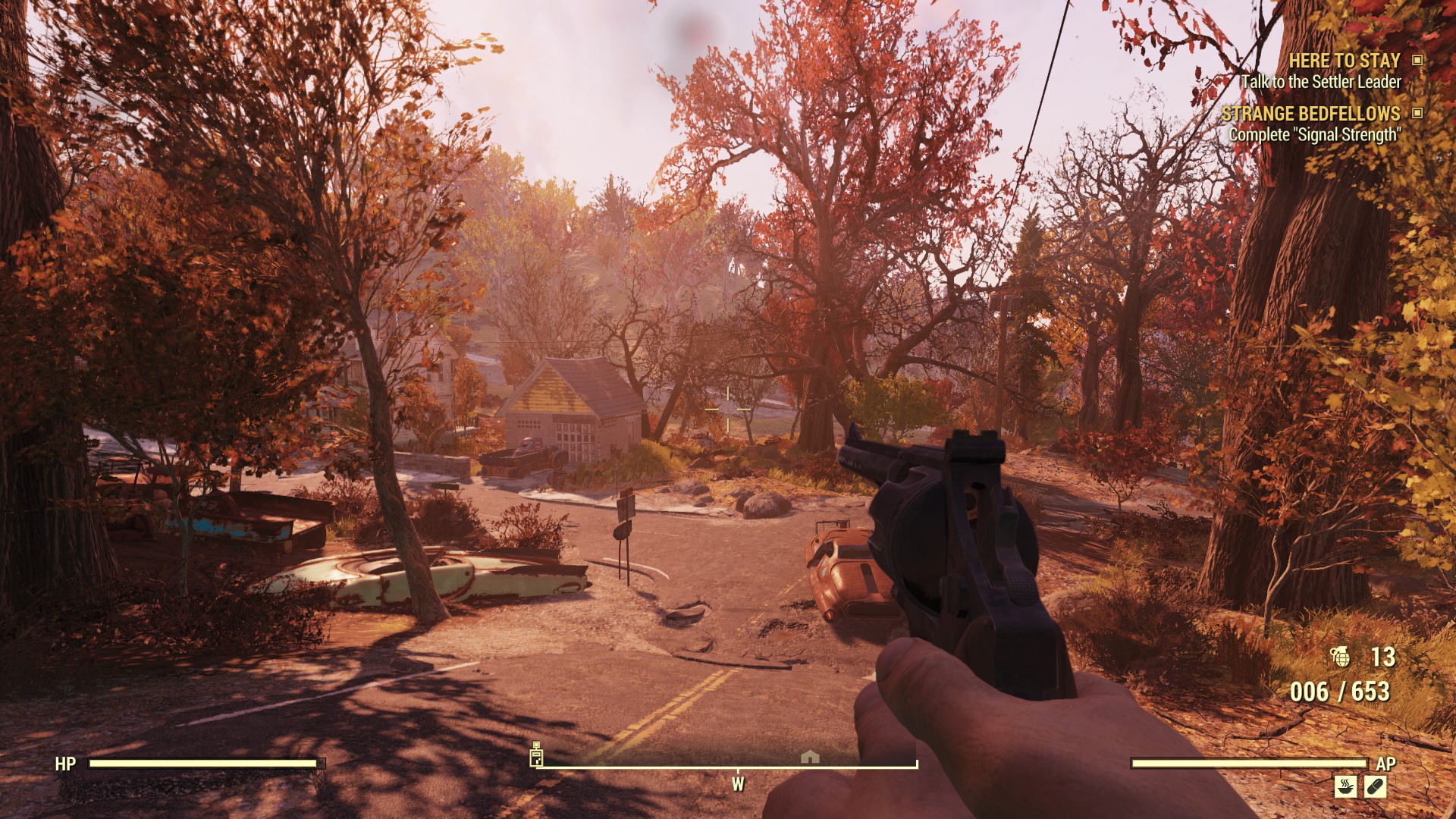I almost quit Fallout 76 until I realized Bethesda still hides its most important setting in a config file
Fallout 76 has come a long way, but the PC version still requires a quick config tweak to really get cooking.

Like so many of us, I bounced off Fallout 76 back in 2018. Bethesda's micro MMO wasn't very good back then—an opinion that even Todd Howard shares these days—but the studio stuck with it, reverse engineering its Appalachian aberration into an engrossing multiplayer wasteland complete with NPCs, settlements, factions, and years' worth of quality-of-life updates.
Yet in all those years of updates, somehow Bethesda still hasn't improved one of the biggest roadblocks to getting into Fallout 76 on PC: its locked framerate. By default, Fallout 76 stubbornly refuses to climb past 60 fps. That's because Fallout 76 has forced Vsync that can't be turned off in its video settings. The limitation makes an already stiff shooter feel sluggish and imprecise, and until I learned how to get around it, I got pretty close to giving up on an otherwise fun shared-world RPG.
Bethesda made the call on Vsync originally because, in several modern Creation Engine RPGs, messing with the framerate also screws with speed and physics. Thankfully, Bethesda fixed this issue early on in Fallout 76, so there's no downside to blowing past the 60 fps limit now (at least, not one I'm aware of).
Unlocking Fallout 76's framerate is easy, but you'll have to make a quick change to a config file outside the game. You should absolutely try this no matter how powerful your PC is. Make sure Fallout 76 is closed, then follow these steps:
1. Open Documents > My Games > Fallout 76
2. Open Fallout76Prefs in Notepad
3. Hit Ctrl+F and search for iPresentInterval
4. Change iPresentInterval=1 to iPresentInterval=0
5. Save the document, and close
This will disable forced Vsync, freeing up your PC to run Fallout 76 past 60 fps well into the hundreds, if hardware permits. An unlocked framerate was an instant salve for my eyeballs, and did a lot of favors for Fallout 76's combat, too. Bethesda's lethargic gunplay is nothing worth celebrating, but at least it doesn't get in the way of 76's better qualities when the game's running well and tracking targets is fluid.
For the best experience, you'll also want to limit the game's framerate to your monitor's refresh rate. This is another setting that Fallout 76 doesn't support in-game, but you can set a max fps in the Nivida Control Panel (or the AMD equivalent). Select Manage 3D Settings from the left nav menu, hit the Program Settings tab, find Fallout 76 in the dropdown, and scroll down to Max Frame Rate to set it.
The biggest gaming news, reviews and hardware deals
Keep up to date with the most important stories and the best deals, as picked by the PC Gamer team.

Now for those graphics settings…
If these framerate tweaks satisfy your Fallout 76 performance experience, feel free to stop there, but if you'd like to squeeze more frames out of this questionably optimized beast then it's time to tinker with 76's modest Display settings.
You'll find similar tips all over the internet, but our Fallout 76 benchmarking guide from 2018 still has some good pointers. I also found this 2021 post from Reddit user joshg125 helpful, the main points of which I've outlined below:
1. Set the overall preset to Medium
2. Manually set Textures, Lighting, and Water to high or medium (depending on your graphics card's VRAM)
3. Set Shadow Quality to high, but Shadow Distance to low (distance shadows are one of the more demanding elements of the game)
4. Max out the Actor Fade slider so that enemies and other NPCs can be seen from far away
5. Keep other render distance sliders, like Objects Fade, Grass Fade, and Item Fade low, and only raise them if it doesn't affect your PC can handle the extra load
I've only played a few hours since making these changes, but on my rig (RTX 2080 Super, i9-9900KS CPU, 32GB RAM), I can't tell the difference between maxed-out Fallout 76 and this custom config at 1080p. The game looks nice enough, and most importantly for a shooter, it runs great.


Morgan has been writing for PC Gamer since 2018, first as a freelancer and currently as a staff writer. He has also appeared on Polygon, Kotaku, Fanbyte, and PCGamesN. Before freelancing, he spent most of high school and all of college writing at small gaming sites that didn't pay him. He's very happy to have a real job now. Morgan is a beat writer following the latest and greatest shooters and the communities that play them. He also writes general news, reviews, features, the occasional guide, and bad jokes in Slack. Twist his arm, and he'll even write about a boring strategy game. Please don't, though.

